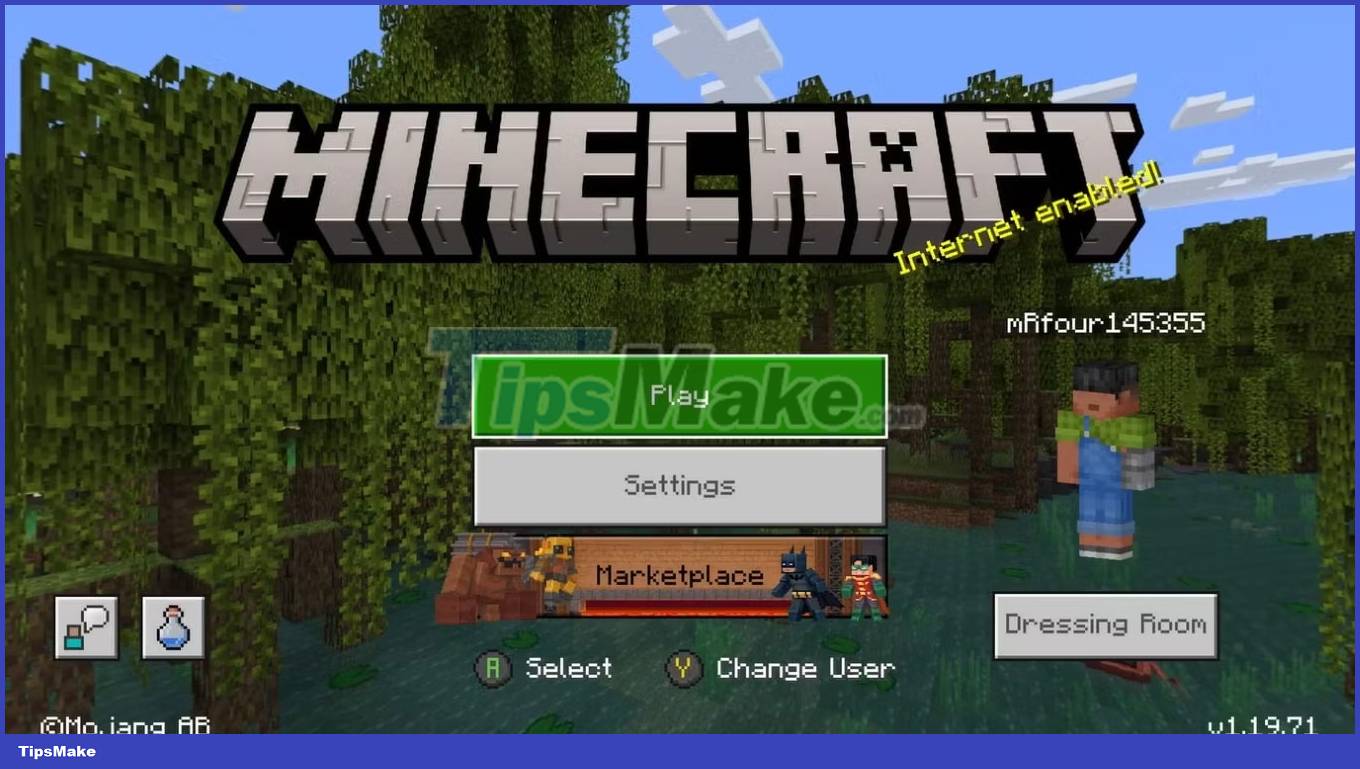9 types of servers that can be hosted on Raspberry Pi
Host servers are a great way to put the Raspberry Pi to use. Many host applications utilize the resources of the single-board computer without stressing the hardware. Let's look at some of the different servers you can host on a Raspberry Pi SBC.
1. Web Server: Apache, Nginx
A web server is a computer that delivers web pages to users on demand. It is responsible for storing component files (HTML, CSS and JavaScript) and handling requests to access them.
You can create your own online web server using Apache, a popular cross-platform software solution that is capable of accepting these user requests and sending them the requested files. Apache is responsible for more than 67% of the world's websites. Nginx is a great alternative that you can use instead.
To set up a web server on Raspberry Pi, you must install Apache and relational database management software like MariaDB to store user data and other necessary information.
2. Database Server: MariaDB

You can choose to host your database on a platform separate from your website. This can be beneficial for improved performance and increased security.
MySQL is a popular solution for database management, but it is not available to install on Raspberry Pi. Instead, you will need to install MariaDB to manage your database. MariaDB is compatible with MySQL and has only a few minor differences.
3. File Server: Samba, NFS
A file server is a computer responsible for storing and providing access to files and documents over the network. A network storage device, or NAS, is a type of file server. By using a file server, you can save space on your main computer and still have your files available to access whenever you need them.
The most common way to set up a file server on a Raspberry Pi is to use Samba to share files on your network. This allows you to exchange files between several computers on your local network with minimal setup. You will need a good SD card or SSD to avoid bottlenecks when transferring.
NFS is an alternative to Samba that offers better encryption and is a bit easier to set up.
4. FTP Server: vsftpd, ProFTPD

An FTP server works similar to a file server, except that the files are stored on the Internet and cannot be accessed over the local network. File servers are generally more secure, but they have a more limited range of access. Files stored on an FTP server can be accessed from anywhere in the world.
To host an FTP server on Raspberry Pi, you need to install and set up an FTP program such as ProFTPD (Pro File Transfer Protocol Daemon) on Raspberry Pi. ProFTPD is written for high features, performance, and security. After setting up your server, you can connect to it using any FTP client supported by your operating system.
5. DNS Server: BIND, dnsmasq
The DNS server translates domain names into IP addresses. The benefits of having a local DNS server include security, domain blocking, faster access to the websites you frequently visit, and the ability to create your own local domain name.
BIND is the best choice if you are interested in setting up a DNS server. It is a full-featured server, capable of acting as a recursive and authoritative nameserver. Dnsmasq is a lightweight and easy to use alternative with fewer features.
6. Mail Server: Postfix, Dovecot

There are many tools available to host mail servers on Raspberry Pi. However, running a mail server requires a considerable amount of work and comes with other downsides, so it's not a necessity if you're a beginner. However, it can be a rewarding learning experience if you're willing to overlook the downsides.
To run a mail server on your Raspberry Pi, you need to set up Postfix to send and receive email. You will also have to install additional services like Dovecot or Courier to access your email.
7. VPN server: OpenVPN, WireGuard
The VPN server encrypts the connection between devices, making it harder for a third party to intercept or access the transmitted data. You have the option of hosting a VPN server on your Raspberry Pi, which can be a great way to create a private and secure network.
Remember that running a VPN server requires some technical knowledge and there are security risks involved if not secured properly. Make sure to take the necessary precautions and keep your system up to date with the latest security patches.
8. Media Server: Plex, Emby

A large number of Raspberry Pi owners use this device to store and manage their collection of movies, photo albums, music, and TV shows. Plex is the most popular option for hosting a dedicated media server, but Jellyfin and Emby are also alternatives worth considering.
All options have apps for almost any operating system, but Plex generally delivers more performance and you're more likely to get help if you run into any problems. Take out your Raspberry Pi, install Plex on it, and stream your favorite movies from any device you like.
9. Game Server: Minecraft, Terraria

You can throttle your Raspberry Pi during downtime by hosting a game server on it. There are a number of games you can host on your own on a Raspberry Pi server, but the two most popular options are Minecraft and Terraria.
Both games are sandbox games with online and offline elements. However, Terraria focuses more on action and combat, while Minecraft is more relaxed and emphasizes exploration and creativity.
You will need to install server software for the game, Nukkit for Minecraft and TShock for Terraria. The process of running the server for both games is similar. So if you can set up a Minecraft server on your Raspberry Pi, you can do the same thing with Terraria.